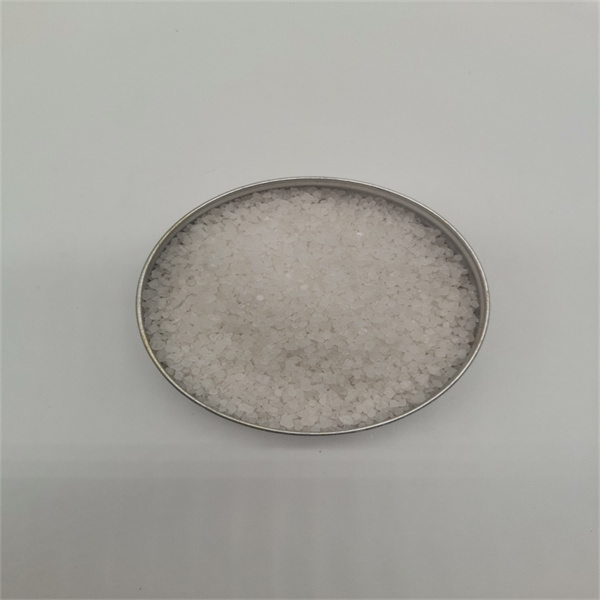Wondering whether it's safe to take cold medicine during pregnancy? It depends. Some of the ingredients in cold medications have been studied and are generally considered safe for pregnant women. Others haven't been researched well enough or have been linked to pregnancy complications and are best avoided.
The following drugs have been studied or used relatively often in pregnant women and are generally considered safe to use when you're expecting: Cas 62-44-2

Your doctor or midwife will likely suggest avoiding the following medications during pregnancy – or may recommend skipping them in certain trimesters – often because there's a concern that they could contribute to possible birth defects or pregnancy complications:
Also keep in mind that herbal supplements (such as echinacea) haven't been well-studied in pregnant women (and some are dangerous), so skip them unless you've cleared a specific supplement with your provider.
Be aware that some liquid cold medicines contain alcohol in concentrations as high as 4.75 percent. Look for products that are labeled "alcohol-free."
Most cold medicines contain two or more drugs to treat several symptoms, making it more likely that they may contain a drug that isn't safe during pregnancy. To be safe, read labels and choose an option with the least number of active ingredients. During pregnancy, it's usually best to buy the specific medications you need individually rather than a multi-symptom medication.
Always talk to your healthcare provider before taking any medication when you're expecting. That way you can be sure you're choosing the safest option at the recommended dosage, and that it doesn't interfere with any other medications or supplements you're taking.
Learn more about which medications are safe during pregnancy.
BabyCenter's editorial team is committed to providing the most helpful and trustworthy pregnancy and parenting information in the world. When creating and updating content, we rely on credible sources: respected health organizations, professional groups of doctors and other experts, and published studies in peer-reviewed journals. We believe you should always know the source of the information you're seeing. Learn more about our editorial and medical review policies.
Erebara A, et al. 2008. Treating the common cold during pregnancy. Canadian Family Physician h54(5):687-9. http://www.ncbi.nlm.nih.gov/pmc/articles/PMC2377219/Opens a new window [Accessed November 2023]
Mayo Clinic. 2014. Drugs and supplements, cough and cold combinations (oral route): Pregnancy. http://www.mayoclinic.org/drugs-supplements/cough-and-cold-combinations-oral-route/before-using/drg-20061164Opens a new window [Accessed November 2023]
Medscape. 2013. Drugs in pregnancy. https://www.medscape.com/viewarticle/813743Opens a new window [Accessed November 2023]
Silva R, et al. 2007. Clinical inquiries. Is guaifenesin safe during pregnancy? Journal of Family Practice 56(8):669-70. http://www.ncbi.nlm.nih.gov/pubmed/17669294Opens a new window [Accessed November 2023]
Wigle PR, et al. 2006. Pregnancy and OTC cough, cold, and analgesic preparations. US Pharmacist 3:33-47. http://www.uspharmacist.com/content/d/featured_articles/c/11693/Opens a new window [Accessed November 2023]
UpToDate. 2021. Treatment of respiratory infections in pregnant patients. http://www.uptodate.com/contents/treatment-of-respiratory-infections-in-pregnant-womenOpens a new window [Accessed November 2023]
MotherToBaby. 2014. When The Sniffles Strike During Pregnancy: Cold Meds & Your Questions Answered. https://mothertobaby.org/baby-blog/when-the-sniffles-strike-during-pregnancy-cold-meds-your-questions-answered-2/Opens a new window [Accessed November 2023]
MotherToBaby. 2020. Cetirizine. https://mothertobaby.org/fact-sheets/cetirizine/Opens a new window [Accessed November 2023]
Mayo Clinic. 2019. Vicks VapoRub: An effective nasal decongestant? https://www.mayoclinic.org/diseases-conditions/common-cold/expert-answers/nasal-decongestant/faq-20058569Opens a new window [Accessed November 2023]

Benzocainum FDA. Efficacy of Oral Phenylephrine as a Nasal Decongestant. 2023. https://www.fda.gov/media/171915/download [Accessed September 2023]Opens a new window